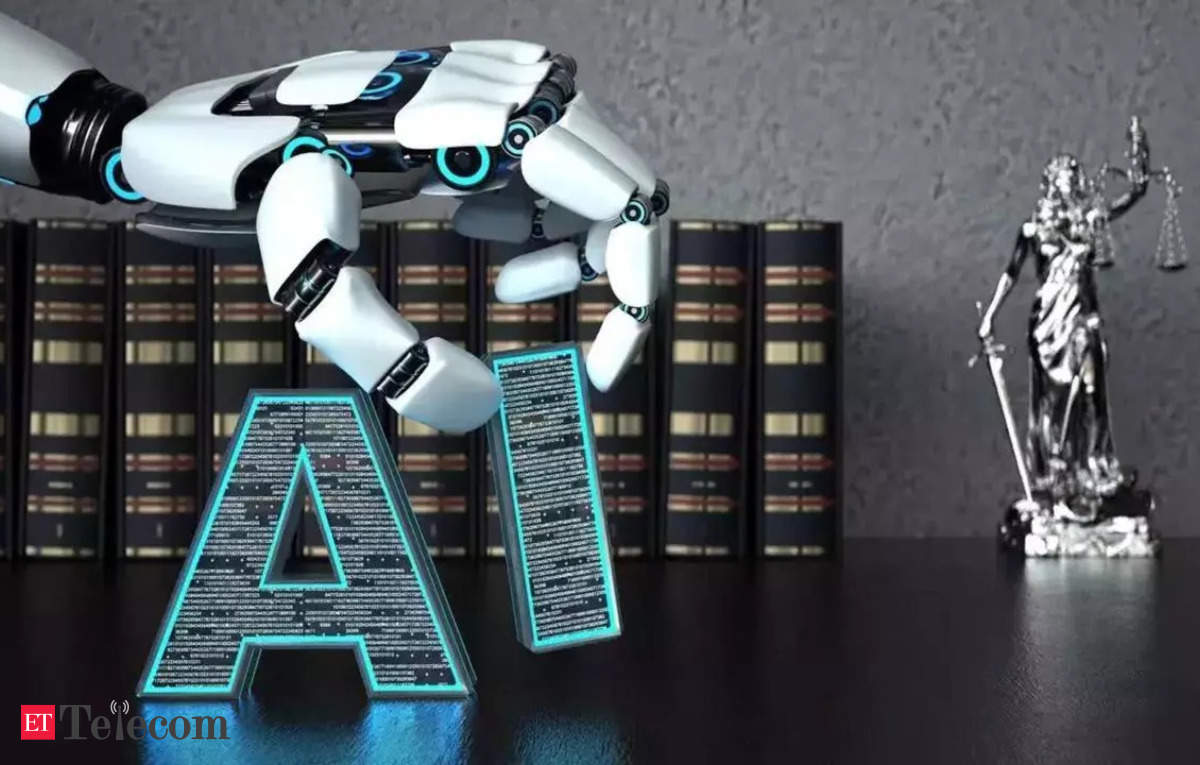New Delhi: The report, titled “AI at Work: Friend and Foe,” by Boston Consulting Group (BCG), indicates that 54 per cent of Indian respondents ranked confidence in their top two sentiments towards AI at work. Additionally, 93 per cent of those using GenAI for work in India agreed that it has significantly saved them time.
A study by BCG has revealed a striking level of confidence among Indian workers in the application of artificial intelligence (AI) and generative AI (GenAI) in the workplace.
This sentiment is part of a broader trend captured in a global survey involving over 13,000 employees across 15 countries and regions.
Conducted by BCG’s tech build and design division, BCG X, the survey highlights a growing confidence in AI and GenAI across the board.
The findings show that 42 per cent of global respondents expressed confidence in these technologies’ impact on their work, a substantial increase from 26 per cent the previous year.
However, this confidence is accompanied by an increase in anxiety, with 49 per cent of regular users fearing that their jobs could vanish within the next decade due to these technologies. In contrast, only 24 per cent of non-users shared this concern.
The report underscores the increasing integration of GenAI in workplaces worldwide. About 64 per cent of leaders are now implementing GenAI tools, with frontline employees showing a significant uptick in usage–43 per cent regularly use these tools at work, more than double the number from last year.
Sylvain Duranton, managing director and senior partner at BCG and a coauthor of the report, commented, “Our survey exposes the double-edged nature of GenAI. Familiarity correlates with both comfort and fear. GenAI is a revolutionary technology, so these opposing reactions should not be surprising.”
He added, “By recognizing the complex ways in which humans understand and interact with GenAI, leaders can reshape their organizations to maximize the strengths and value of both their human and machine workers.”
A portion of survey respondents who utilize GenAI for work, specifically 58 per cent, reported saving at least five hours per week. The time saved is often redirected towards additional tasks (41 per cent), new initiatives (39 per cent), experimentation with GenAI (38 per cent), or strategic work (38 per cent).
Vinciane Beauchene, managing director and partner at BCG and a coauthor of the report, said, “We are entering a new era for GenAI which is less about optimism and curiosity and more about confidence and value realization. Adoption has increased and individuals are starting to see the benefits.”
He added, “Companies are also starting to realize that getting the value out of their investment will require them to think beyond productivity and take a more holistic and proactive approach to redirect the time saved to the most valuable and joyful activities, to reskill their employees to do so, and to reshape their organizations and operating models as a consequence.”
The study highlighted a marked difference in attitudes towards GenAI between workers from the Global South and the Global North.
Respondents from countries like Brazil, India, Nigeria, South Africa, and those in the Middle East displayed more optimism and less anxiety about GenAI compared to their counterparts in more developed economies.
The Global South not only demonstrated a higher percentage of regular GenAI users among leaders, managers, and frontline employees but also a greater likelihood of having received GenAI training.
Additionally, employees in these regions reported using the time saved by GenAI to focus on professional development, experimentation with the tool, and improving the quality of their work.
The report concludes with key recommendations for companies aiming to harness the full potential of GenAI.
Organizations are advised to establish a transformation-first mindset, continuously manage all transformation efforts to ensure cohesion and efficiency and invest in large-scale training initiatives to equip employees with the necessary skills.
Emphasizing value creation and employee satisfaction, companies should prepare for evolving job roles and skills requirements and adapt their organizational structures and governance accordingly.
Jeff Walters, managing director and senior partner at BCG and a coauthor of the report, noted, “Understandable human reactions to these technologies can pose challenges to companies as they continue on their GenAI journeys.”
He added, “But as we noted in last year’s report–and it still holds true this year–these are more change management challenges than technology challenges. And now is the time for organizations to double-down on their commitment to transformation built around GenAI.”



